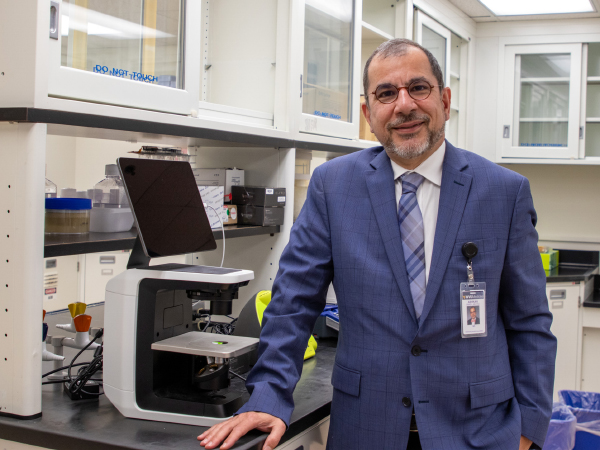In a study published in Blood, scientists from the USC Stem Cell laboratory of Rong Lu discovered a mechanism that linked a leukemic mutation to varying potentials for disease development—a discovery which could eventually lead to a way to identify patients with the mutation who are most at risk.
To access this subscriber-only content please log in or subscribe.
If your institution has a site license, log in with IP-login or register for a sponsored account.*
*Not all site licenses are enrolled in sponsored accounts.
Login Subscribe
If your institution has a site license, log in with IP-login or register for a sponsored account.*
*Not all site licenses are enrolled in sponsored accounts.
Login Subscribe







